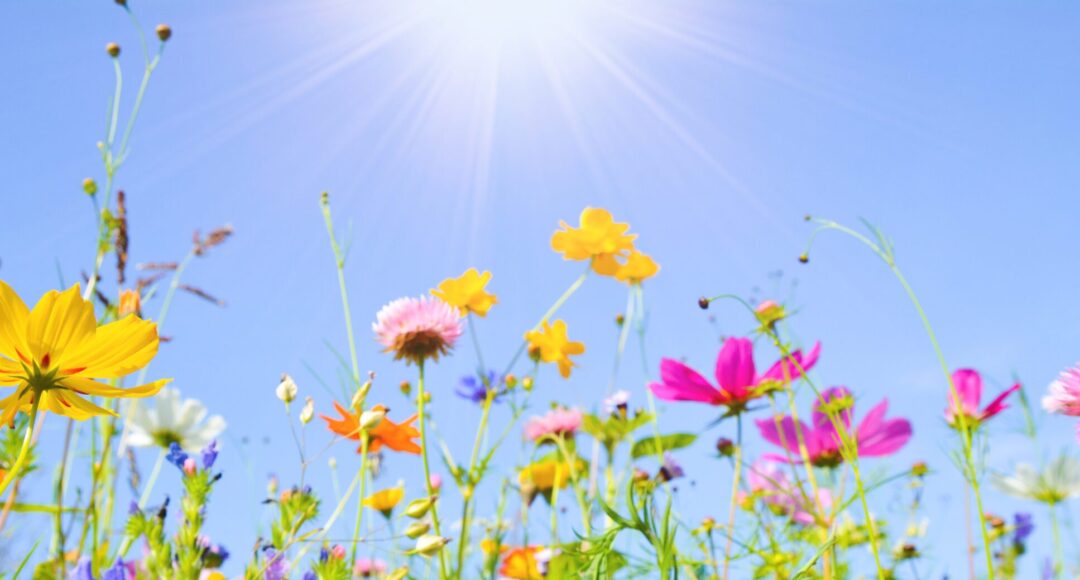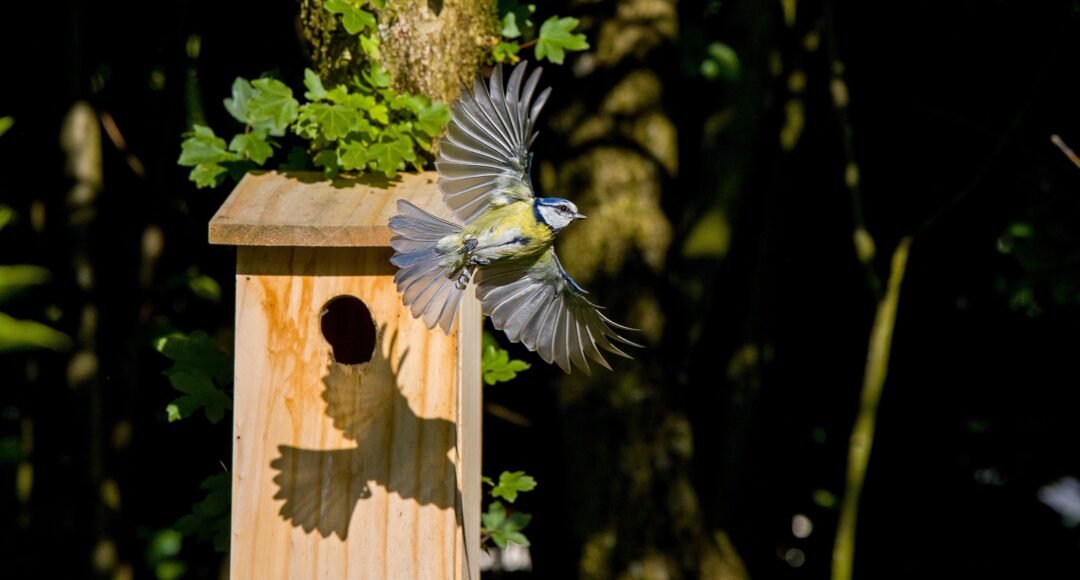What about wildlife?
Compost by its’ nature requires wildlife. Invertebrates and microorganisms carry out the act of decomposition which is what turns your waste into the rich brown stuff your garden plants love. So, compost heaps are a detritivores haven. This in turn inevitably attracts predators. Other invertebrate predators such as centipedes, earwigs and ground beetles will all thrive in a compost heap and in turn will also spread into the wider garden where they will actively predate many species considered to be undesirable such as aphids. This also attracts larger predators such as birds, reptiles and amphibians. These latter groups are two which at a national level are in universal decline across the UK but also benefit from the environment created by a compost heap, they love the heat generated by them.
Species like slow worms and grass snakes will utilise compost heaps for food, warmth, brumation (the reptile version of hibernation) and breeding. While a compost heap is not essential for these species to thrive in a garden, it can go a very long way in helping. Slow worms in particular are a species every gardener should have on their wildlife wish list as a voracious predator of slugs and a totally harmless species. Frogs, toads and newts are also largely terrestrial species which predate heavily on the same soft bodies invertebrates that tend to munch on your cabbages and lettuces.
If you know you have reptiles and amphibians in a compost heap then it is best not to turn it over in winter or until you are confident that they have emerged in the spring. The disturbance of an early arousal before temperatures are consistently in double figures (Celcius) can be fatal. Laying a piece of roofing felt or plastic sheet over or around your compost heap, in a sunny spot will attract reptiles and help you ascertain if they are present in your garden. Slow worms can be very difficult to detect.
Our ectothermic friends are not the only wildlife to exploit the temperatures created by compost, small and not so small mammals will. It is not uncommon to find voles, shrews and wood mice exploiting the temperatures. These present no concern to your garden or your home. They are a sign of a healthy garden eco-system. Regular turning will deter them but fears of infestation are misplaced. You may even be fortunate enough to have hedgehogs hibernating if space allows.
So, in short composting is a win win. It saves money, reduces waste and created a fantastic “hot rot” habitat for garden wildlife.


